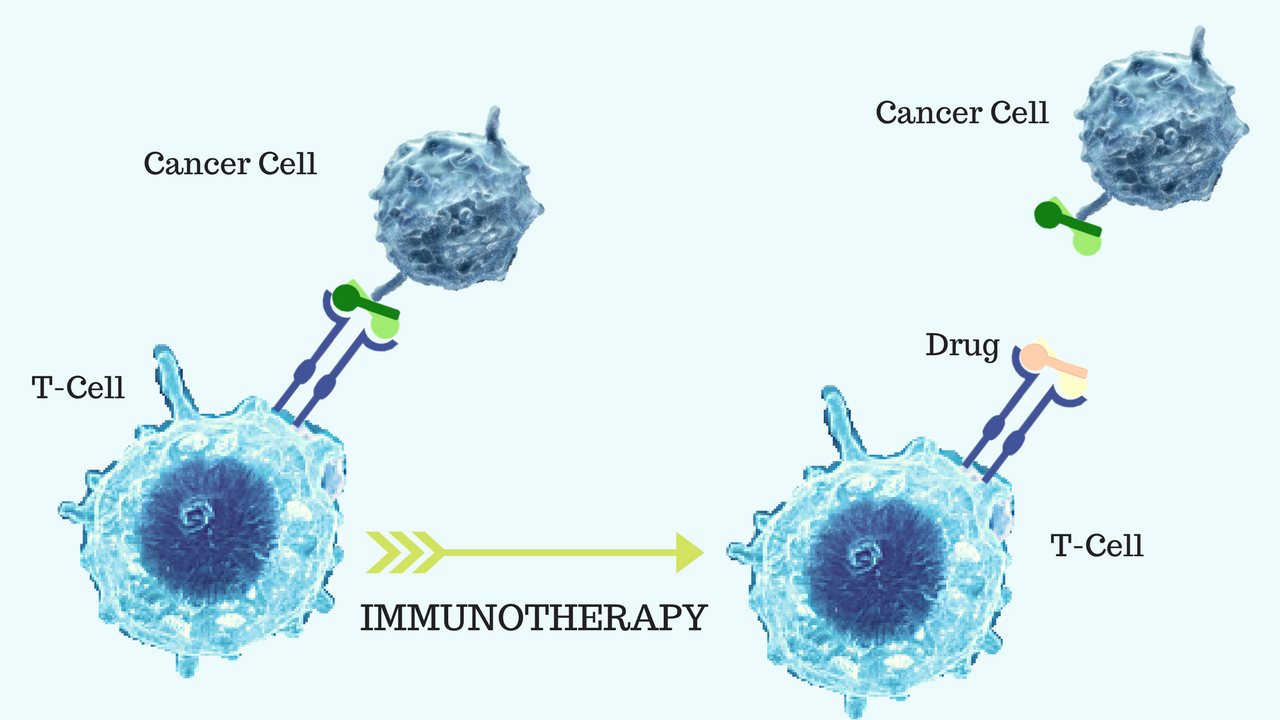Cytotoxic Killer T cells have the primary function to patrol our body against pathogens and infections. They are programmed to identify and destroy cancerous cells.
So it seems that the most plausible solution to combat the deadly disease is to harness these killer T-cells in large numbers. Scientists are already implementing the “Adoptive T-Cell Immunotherapy” which involves the cultivation of these cells in-vitro and then their re-introduction into the body to destroy the tumor.

However, cancer usually wins over T-cells because these cells are quite short-lived (3 days), in comparison to the infected cells which metastatize exponentially.
But here’s some good news...
An international team of researchers from University of Cambridge has now identified a way of increasing the lifespan of these T-cells. Here’s how-
A small molecule known as 2-hydroxyglutarate is known to trigger abnormal growth in tumor cells. Scientists, now, have identified a new role for it. A form of 2-HG is capable of playing a critical role in T-cell function: it can influence T-cells to reside in a 'memory state', wherein they can renew themselves, persist for a very long period of time, and re-activate to combat infection or cancer.
So, increasing the levels of 2-HG in the T-cells is an effective way of enhancing their ability to destroy tumors.
A small molecule that can turn short-lived killer T-cells into long-lived, renewable cells that can last in the body for a longer period of time, activating when necessary to destroy tumor cells, could help make cell-based immunotherapy a realistic prospect to treat cancer.
This means that instead of creating killer T-cells that begin actively and burn out rapidly, an army of 'renewable cells' is created that can stay dormant for a long time initially, and will go into action to fight tumor cells when needed.
The finding can potentially provide people a permanent immunity to the tumors they are carrying, making immunotherapy a much effective treatment option for cancer.
Glioblastoma: The Cancer of Brain
Glioblastoma multiforme is difficult cancer to treat and this makes it universally fatal. Surgery, chemotherapy and radiation therapy performed in combination, rarely extend the patients’ survival beyond two years. Read More..








